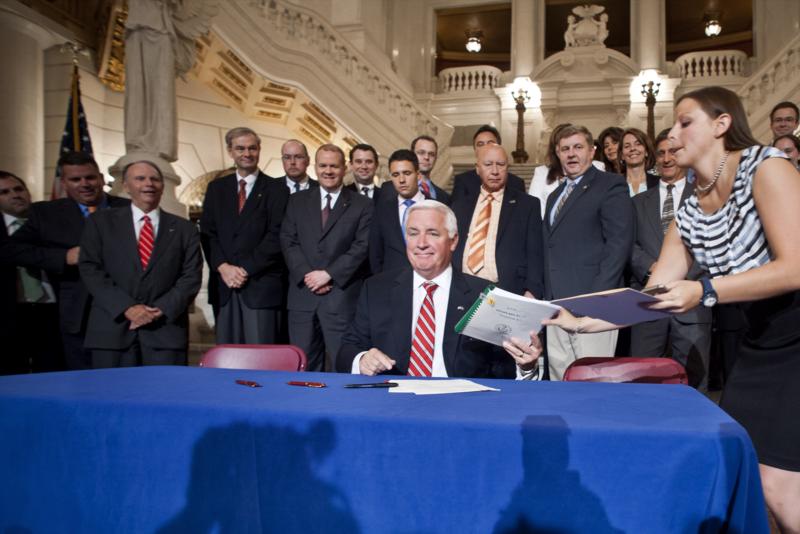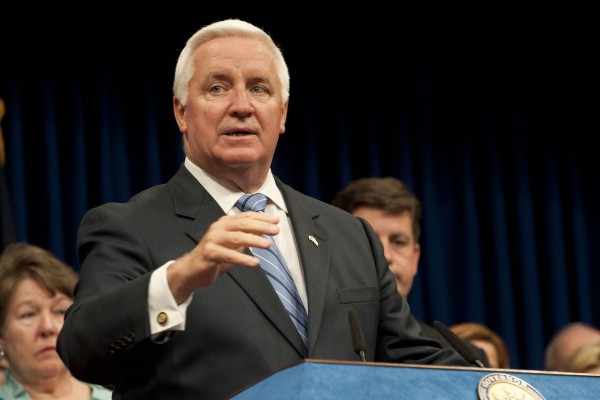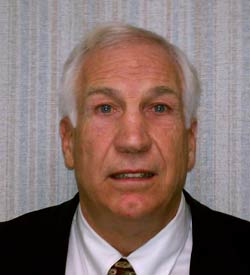New Teacher Evaluations Won’t Apply to Charter Schools
Something is missing from Pennsylvania’s new teacher evaluation law… charter schools. The new teacher evaluation system approved in the late June budget rush will, for the first time, take student performance into account and provide assistance to educators who fall into the bottom two categories of a new four-tier rating system.
However, during House debate, state Rep. Michael O’Brien (D-Phila.) said he and others were surprised to see that publicly-funded charter schools were ultimately removed from the final product. “What happens to get in the way of a kum-ba-ya moment? The devil is in the details,” O’Brien said of the changes to language that previously earned unanimous support.
“We are spending public dollars that are not being accounted for,” lamented Minority Education Chair Jim Roebuck (D-Phila.) during House debate, as he emphasized the fact that charter schools are public schools.
But supporters of proposed charter school reforms say they will contain sufficient accountability and performance measures, which will make the teacher evaluations unnecessary. Like teacher evaluations, many in Harrisburg expected the charter school reforms to be finalized as a part of a budget season education reform package. That did not happen.
While time ran out to finalize the charter school reform language, Governor Tom Corbett says he will keep pushing for one of the key items on his education reform agenda. “We still have more time in September. You know me, I don’t stop. I keep coming,” Corbett told reporters during a recent q&a.













